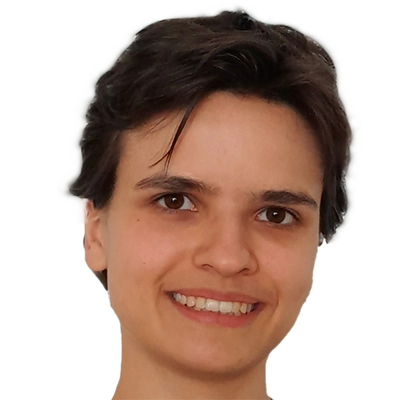26.04.2023

MCML researchers with four papers at EACL 2023
17th Conference of the European Chapter of the Association for Computer Linguistics (EACL 2023). Dubrovnik, Croatia, 02.05.2023–06.05.2023
We are happy to announce that MCML researchers are represented with four papers at EACL 2023:
Does Manipulating Tokenization Aid Cross-Lingual Transfer? A Study on POS Tagging for Non-Standardized Languages.
10th Workshop on NLP for Similar Languages, Varieties and Dialects (VarDial 2023) at the 17th Conference of the European Chapter of the Association for Computational Linguistics (EACL 2023). Dubrovnik, Croatia, May 02-06, 2023. DOI.
Abstract
One of the challenges with finetuning pretrained language models (PLMs) is that their tokenizer is optimized for the language(s) it was pretrained on, but brittle when it comes to previously unseen variations in the data. This can for instance be observed when finetuning PLMs on one language and evaluating them on data in a closely related language variety with no standardized orthography. Despite the high linguistic similarity, tokenization no longer corresponds to meaningful representations of the target data, leading to low performance in, e.g., part-of-speech tagging. In this work, we finetune PLMs on seven languages from three different families and analyze their zero-shot performance on closely related, non-standardized varieties. We consider different measures for the divergence in the tokenization of the source and target data, and the way they can be adjusted by manipulating the tokenization during the finetuning step. Overall, we find that the similarity between the percentage of words that get split into subwords in the source and target data (the split word ratio difference) is the strongest predictor for model performance on target data.
MCML Authors
AdapterSoup: Weight Averaging to Improve Generalization of Pretrained Language Models.
Findings of the 17th Conference of the European Chapter of the Association for Computational Linguistics (EACL 2023). Dubrovnik, Croatia, May 02-06, 2023. DOI.
Abstract
Pretrained language models (PLMs) are trained on massive corpora, but often need to specialize to specific domains. A parameter-efficient adaptation method suggests training an adapter for each domain on the task of language modeling. This leads to good in-domain scores but can be impractical for domain- or resource-restricted settings. A solution is to use a related-domain adapter for the novel domain at test time. In this paper, we introduce AdapterSoup, an approach that performs weight-space averaging of adapters trained on different domains. Our approach is embarrassingly parallel: first, we train a set of domain-specific adapters; then, for each novel domain, we determine which adapters should be averaged at test time. We present extensive experiments showing that AdapterSoup consistently improves performance to new domains without extra training. We also explore weight averaging of adapters trained on the same domain with different hyper-parameters, and show that it preserves the performance of a PLM on new domains while obtaining strong in-domain results. We explore various approaches for choosing which adapters to combine, such as text clustering and semantic similarity. We find that using clustering leads to the most competitive results on novel domains.
MCML Authors
Language-Family Adapters for Low-Resource Multilingual Neural Machine Translation.
6th Workshop on Technologies for Machine Translation of Low-Resource Languages (LoResMT 2023) at the 17th Conference of the European Chapter of the Association for Computational Linguistics (EACL 2023). Dubrovnik, Croatia, May 02-06, 2023. DOI.
Abstract
Large multilingual models trained with self-supervision achieve state-of-the-art results in a wide range of natural language processing tasks. Self-supervised pretrained models are often fine-tuned on parallel data from one or multiple language pairs for machine translation. Multilingual fine-tuning improves performance on low-resource languages but requires modifying the entire model and can be prohibitively expensive. Training a new adapter on each language pair or training a single adapter on all language pairs without updating the pretrained model has been proposed as a parameter-efficient alternative. However, the former does not permit any sharing between languages, while the latter shares parameters for all languages and is susceptible to negative interference. In this paper, we propose training language-family adapters on top of mBART-50 to facilitate cross-lingual transfer. Our approach outperforms related baselines, yielding higher translation scores on average when translating from English to 17 different low-resource languages. We also show that language-family adapters provide an effective method to translate to languages unseen during pretraining.
MCML Authors
How to Distill your BERT: An Empirical Study on the Impact of Weight Initialisation and Distillation Objectives.
17th Conference of the European Chapter of the Association for Computational Linguistics (EACL 2023). Dubrovnik, Croatia, May 02-06, 2023. DOI.
Abstract
Recently, various intermediate layer distillation (ILD) objectives have been shown to improve compression of BERT models via Knowledge Distillation (KD). However, a comprehensive evaluation of the objectives in both task-specific and task-agnostic settings is lacking. To the best of our knowledge, this is the first work comprehensively evaluating distillation objectives in both settings. We show that attention transfer gives the best performance overall. We also study the impact of layer choice when initializing the student from the teacher layers, finding a significant impact on the performance in task-specific distillation. For vanilla KD and hidden states transfer, initialisation with lower layers of the teacher gives a considerable improvement over higher layers, especially on the task of QNLI (up to an absolute percentage change of 17.8 in accuracy). Attention transfer behaves consistently under different initialisation settings. We release our code as an efficient transformer-based model distillation framework for further studies.
MCML Authors
26.04.2023
Related
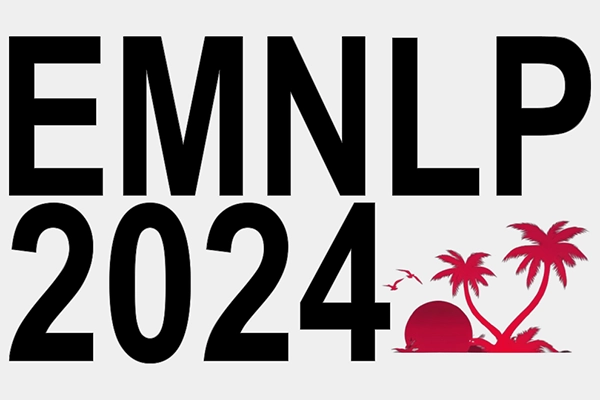
06.11.2024
MCML researchers with 20 papers at EMNLP 2024
Conference on Empirical Methods in Natural Language Processing (EMNLP 2024). Miami, FL, USA, 12.11.2024 - 16.11.2024
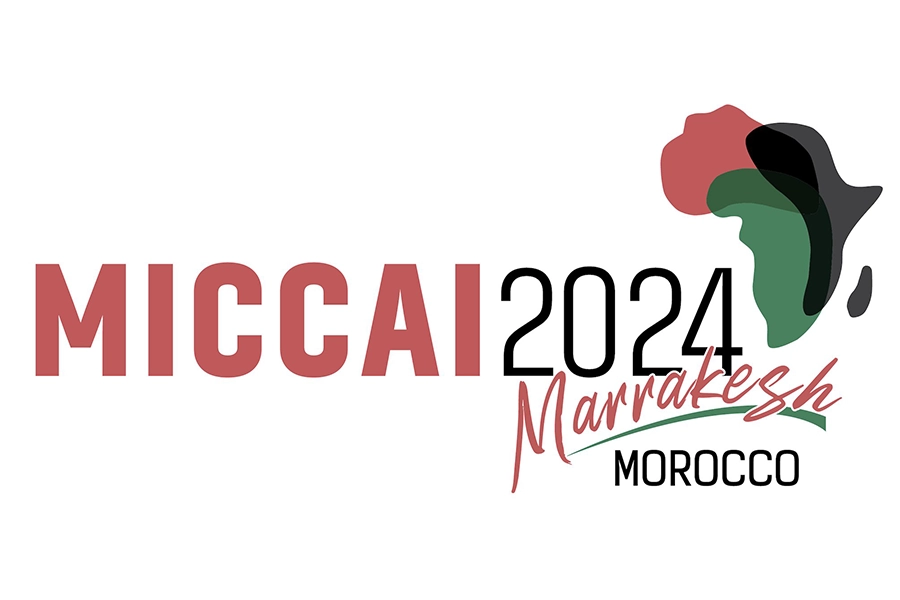
01.10.2024
MCML researchers with 16 papers at MICCAI 2024
27th International Conference on Medical Image Computing and Computer Assisted Intervention (MICCAI 2024). Marrakesh, Morocco, 06.10.2024 - 10.10.2024
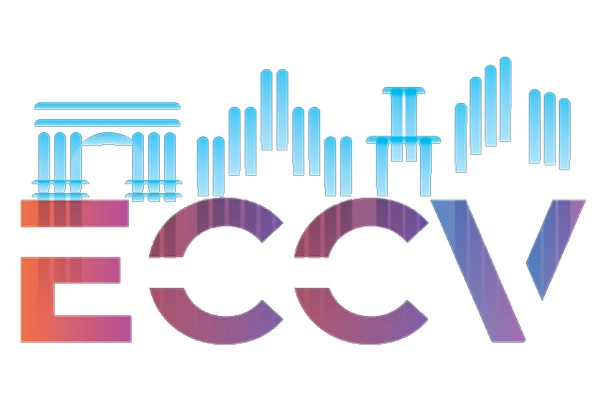
26.09.2024
MCML researchers with 18 papers at ECCV 2024
18th European Conference on Computer Vision (ECCV 2024). Milano, Italy, 29.09.2024 - 04.10.2024
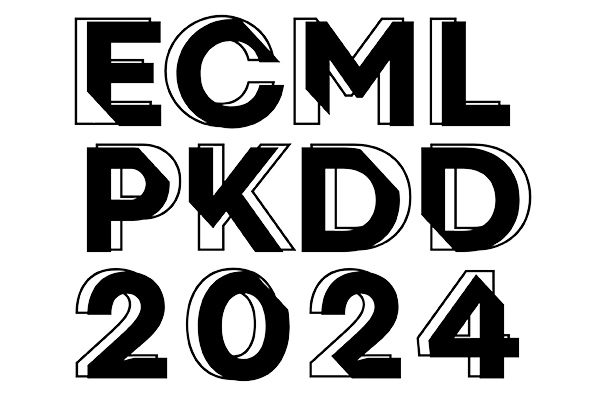
10.09.2024
MCML at ECML-PKDD 2024
We are happy to announce that MCML researchers are represented at ECML-PKDD 2024.
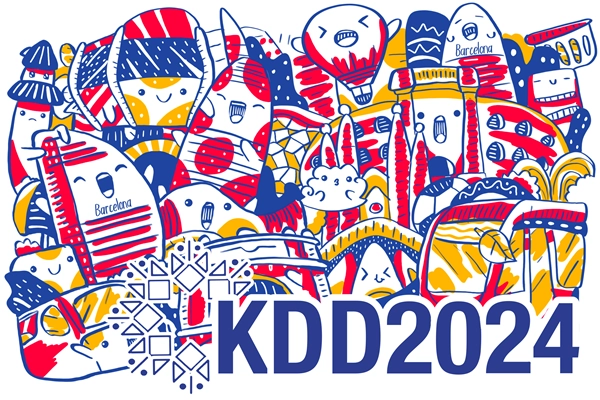
20.08.2024
MCML researchers with two papers at KDD 2024
30th ACM SIGKDD International Conference on Knowledge Discovery and Data (KDD 2024). Barcelona, Spain, 25.08.2024 - 29.08.2024
